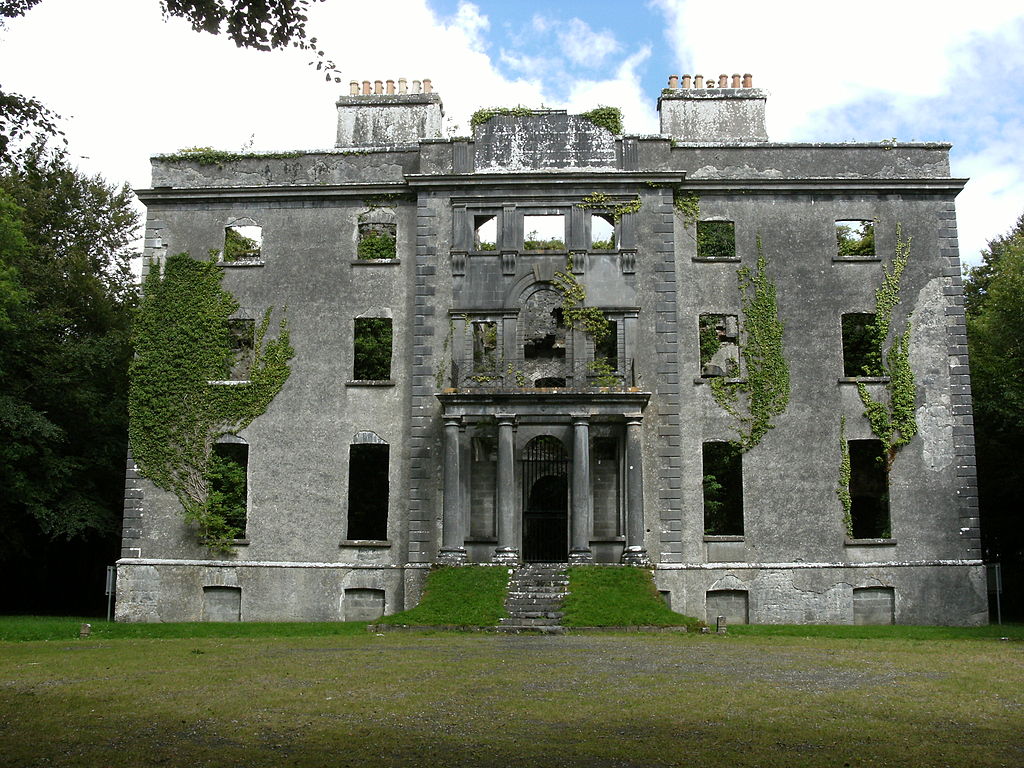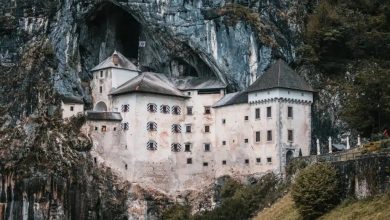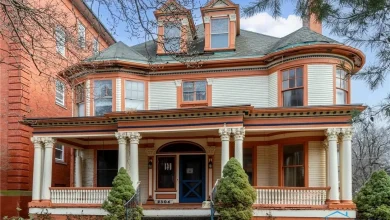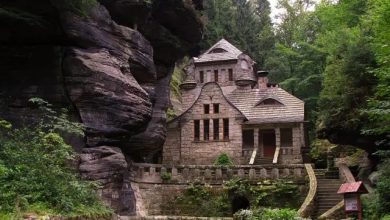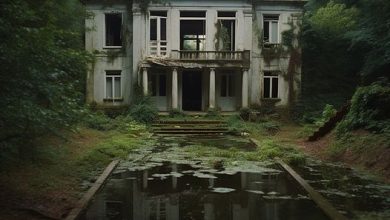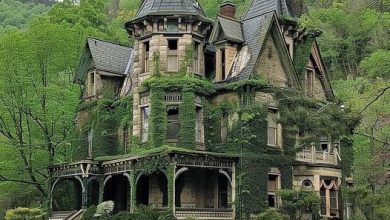Moore Hall | County Mayo: A Historic Gem Nestled in Irish Beauty
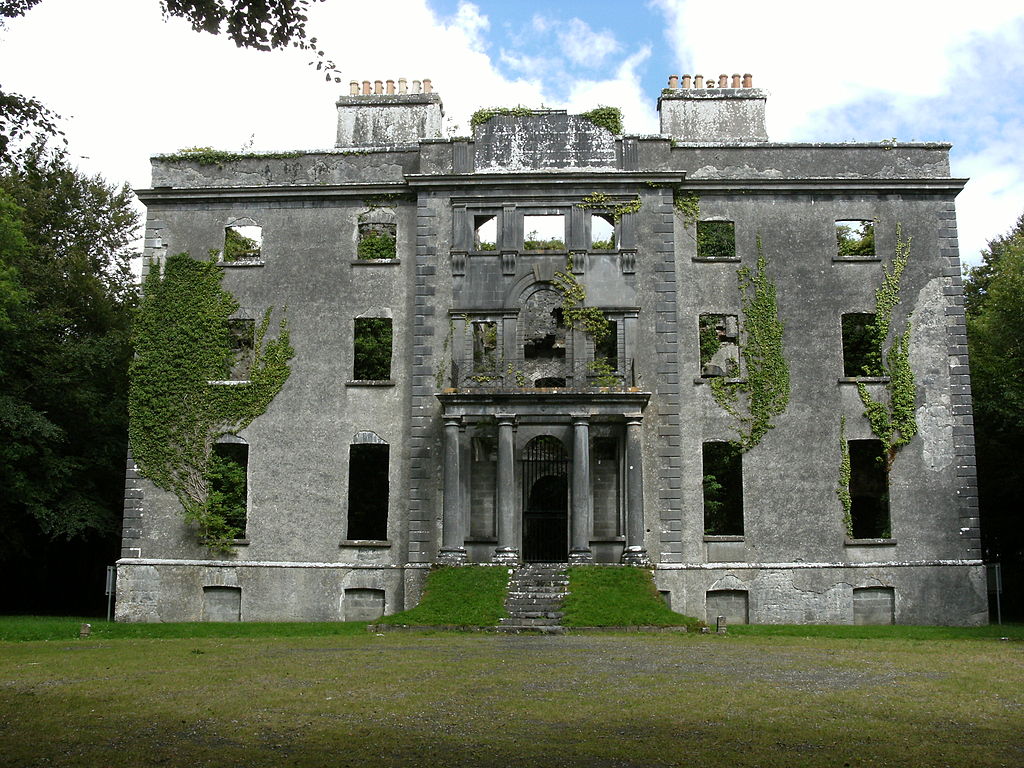
Nestled amidst the serene landscapes of County Mayo, Ireland, Moore Hall stands as a testament to the rich history and natural beauty of the region. With its intriguing past, stunning architecture, and idyllic surroundings, this historic mansion has captured the hearts of locals and visitors alike. Join us on a journey as we explore the enchanting allure of Moore Hall.
Moore Hall, originally known as Moore Lodge, was constructed in the late 18th century by George Moore, a prominent Irish landowner and politician. The estate was meticulously designed, blending Georgian and Gothic architectural elements, and was renowned for its grandeur and elegance. However, tragedy struck in 1923 when Moore Hall was tragically burned during the Irish War of Independence, leaving only the shell of the once magnificent mansion.
Despite its ruined state, Moore Hall’s architectural beauty is still evident, showcasing the skill and craftsmanship of its original design. The building’s remnants stand as hauntingly beautiful ruins, adorned with ornate stone carvings and intricate details that hint at its former splendor.
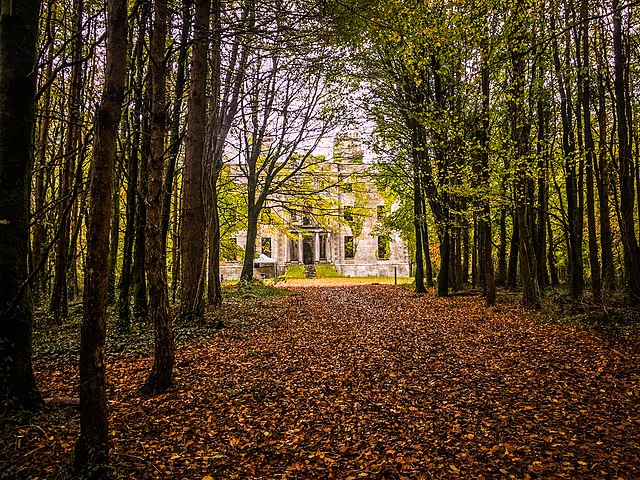



What truly sets Moore Hall apart is its picturesque location on the shores of Lough Carra. Surrounded by rolling hills, ancient woodlands, and serene waters, the mansion is embraced by the natural beauty of County Mayo. The landscape provides a stunning backdrop and enhances the sense of tranquility that envelops the area.
Moore Hall holds significant historical and cultural importance for County Mayo and Ireland as a whole. The Moore family, known for their philanthropy and political influence, left a lasting impact on the region. George Moore himself was a prominent figure in Irish politics and was instrumental in promoting agrarian reform and tenant rights.
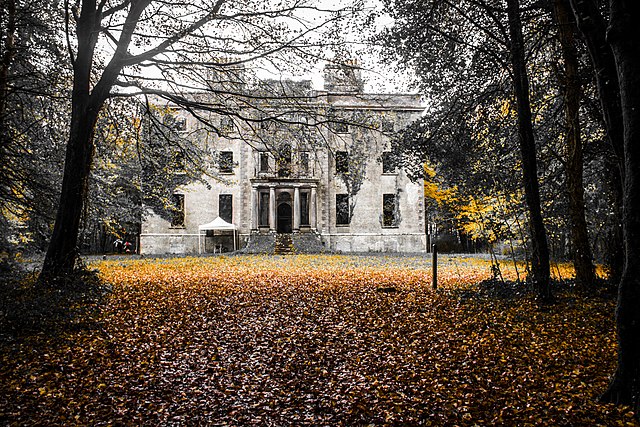



The family’s legacy extended beyond politics, as they were patrons of the arts and literature. George Moore, the renowned Irish novelist, spent his early years at Moore Hall, drawing inspiration from the surrounding landscape and incorporating it into his literary works.
Visitors to Moore Hall are greeted with a sense of tranquility and a chance to immerse themselves in the area’s natural splendor. The ruins of the mansion are accessible, allowing visitors to explore the remnants of the once opulent structure. As you wander through the halls and chambers, you can almost imagine the vibrant social gatherings and lively conversations that once filled the space.
The surrounding grounds offer scenic trails and pathways, inviting visitors to explore the picturesque landscapes that captivated the Moores. The enchanting woodlands and lakeside views provide a serene escape, perfect for nature lovers and those seeking a peaceful retreat.




Efforts to preserve and restore Moore Hall are ongoing, ensuring that future generations can appreciate its historical significance. The ruins have been stabilized to prevent further deterioration, while interpretive signage and exhibits offer insights into the mansion’s past and the influential role of the Moore family.
Community initiatives and events are also held at Moore Hall, celebrating its heritage and connecting visitors with the site’s history. Guided tours, storytelling sessions, and cultural festivals further enhance the visitor experience, allowing a deeper understanding of Moore Hall’s place in Irish history.
Moore Hall stands as a captivating testament to Ireland’s rich history and natural beauty. With its intriguing past, stunning architecture, and breathtaking surroundings, it continues to capture the imaginations of those who visit. Whether you are drawn to its architectural allure, fascinated by its historical significance, or simply seeking solace in nature’s embrace, Moore Hall in County Mayo offers an unforgettable experience, immersing you in the charm of Ireland’s past.
What to read next:
- Exploring the Enchanting History of Dunalastair Castle in Scotland
- Rowallan Castle: A Timeless Tale of Majesty, History, and Enchantment
- The Abandoned Glass Mansion of Leesburg, Virginia
- Urban explorer discovers abandoned $12 MILLION mansion.
- Bagni Wildbad: The Elegance of the Past Amidst the Italian Alps
Source: https://numerologybox.com
Category: Abandoned Place
